In his book, The Power of Unwavering Focus, Dandapani, a Hindu monk and philosopher, proposes that distraction, anxiety, stress, worry, and fear are the most severe mental ailments which plague modern society. If you have Adult Attention Deficit Hyperactivity Disorder (ADHD), you understand all too well how all of these mental states are created by procrastinating academic, career, and personal care tasks. With Adult ADHD, you may have excruciating difficulty with starting projects, with finishing projects, with staying organized and focused throughout daily activities, and with paying bills or fulfilling family responsibilities in a timely manner. This behavioral pattern keeps you caught in a cycle of procrastination, which, if not managed, can cause both emotional problems and physical ailments.
In the workplace or academic setting, your Adult ADHD may seriously inhibit your ability to prioritize tasks, to stay focused on one task for a prolonged period of time, and to meet important deadlines. In personal settings, your Adult ADHD may affect your self-confidence, may cause much social insecurity, and may cause you to delay important conversations and emotional expression in your intimate relationships. By procrastinating, you are vulnerable to making impulsive and ineffective decisions and to appearing disorganized, selfish, and irresponsible. This behavioral pattern can even cause you to perceive yourself as generally inadequate as a human being. Furthermore, due to the chaotic and self-deprecating existence which often characterizes those who are caught in the Adult ADHD procrastination cycle, it is common to have a comorbidity (or co-existing) diagnosis of Social Anxiety Disorder, Panic Disorder, Generalized Anxiety Disorder, or Major Depressive Disorder.

HOW YOU CAN REVISE THE SELF-TALK WHICH FUELS YOUR ADULT ADHD PROCRASTINATION
The following are some common self-statements which fuel the cycle of Adult ADHD procrastination: “I work better under pressure,” “I haven’t started this project, because I have been too busy with other things,” “I couldn’t get motivated,” “I didn’t know how to get started,” “I was confused about what to do,” and “I keep getting distracted.” Cognitive Behavioral Therapy (CBT) techniques have been highly effective in decreasing or eliminating Adult ADHD procrastination, largely through the use of time-framed lists of specific and realistic tasks which “break down” a seemingly impossible goal into small, manageable parts. The CBT technique, referred to as “If X, then Y,” helps the Adult ADHD client to replace the patterns of self-defeating inner talk with more functional and empowering statements. For instance, “If I can sit at my desk, then I can open up a Word Doc,” and “If I open up a Word Doc, then I will type at least 5 sentences to save on this document,” or “If I set a timer or phone alarm with a start and ending time for each small action, then I will be closer to my goal.” Putting your intended actions into this structure is a powerful motivator.

HOW COGNITIVE BEHAVIORAL THERAPY (CBT) AND MENTAL FOCUS TRAINING CAN HELP
The main objectives of the CBT approach are to overcome your negative self-talk and dysfunctional behavioral patterns with carefully planned strategies. This is called the “Cognitive Reframing” process. By learning this skill, you are transforming ambiguous goals and unrealistic time frames into a structured “plan of attack.” You will reduce your cognitive and behavioral workload, and you will feel less overwhelmed and helpless. After the strategic planning process, you will follow through with your manageable and time-framed tasks by implementing mindful focus on each and every moment involved per task and by frequently checking on your emotional states to monitor your anxiety or depression level. Another CBT strategy is to redirect your discomfort by simply acknowledging and accepting this emotional state. By doing this, you can refocus on the task at hand and can separate any emotions which could hinder your productivity during this task. Most importantly, by designating and maintaining a specific time frame for each action toward your desired performance goal, you are further redirecting and separating your actions from your discomfort.
Manual Focus, Familiar Script, and Task Progress are three other CBT strategies which are applied to reducing and eliminating the procrastination cycle of Adult ADHD. The Manual Focus strategy involves taking specific, time-framed, and small actions aimed at just “starting the movement” toward your goal. The Manual Focus strategy can remove your mental ruminating by transforming your thoughts into actions. The Familiar Script strategy guides the Adult ADHD client in developing a “new script” to replace the “old script” which has you in the starring role as “Master Procrastinator.” This strategy focuses on taking a few small steps to begin the action process and then gradually developing a new script after clarifying your strengths and positive coping strategies. The Task Progress strategy guides the Adult ADHD client in creating a time-framed guide with manual, step-by-step instructions for accomplishing your important tasks. With each of these three CBT strategies, you are boldly challenging the validity of your self-talk and revising your historical assumptions about your failures and inadequacies.

Learning how to focus your attention through CBT strategies can become a valuable part of your daily routine. This learning process takes commitment and involves harnessing your mind to be and to stay fully aware of each task at hand, as it is occurring in the moment and how laser-focused your thoughts can be when you learn how to “still” the distractions. This learning process also strengthens your overall willpower and increases your capacity for the conscious moving of your mental awareness from distractions to intentions. This skill also creates resilience when dealing with any life experience or interpersonal interaction. Talking to your partner, doing the dishes, and driving to work are perfect training sessions to create more intentional, controlled, and sustained awareness of and authentic interest in any action, no matter how large or small. The results are (1) increased work, academic, and personal productivity, (2) improved relationship behaviors and communication skills, (3) improved confidence, (4) improved overall well-being, and (5) a sense of purpose, control, and fulfillment. A final point is that the focusing of your attention will result in no longer fearing or being controlled by your “procrastination demons,” but only if you are up to this challenge.


